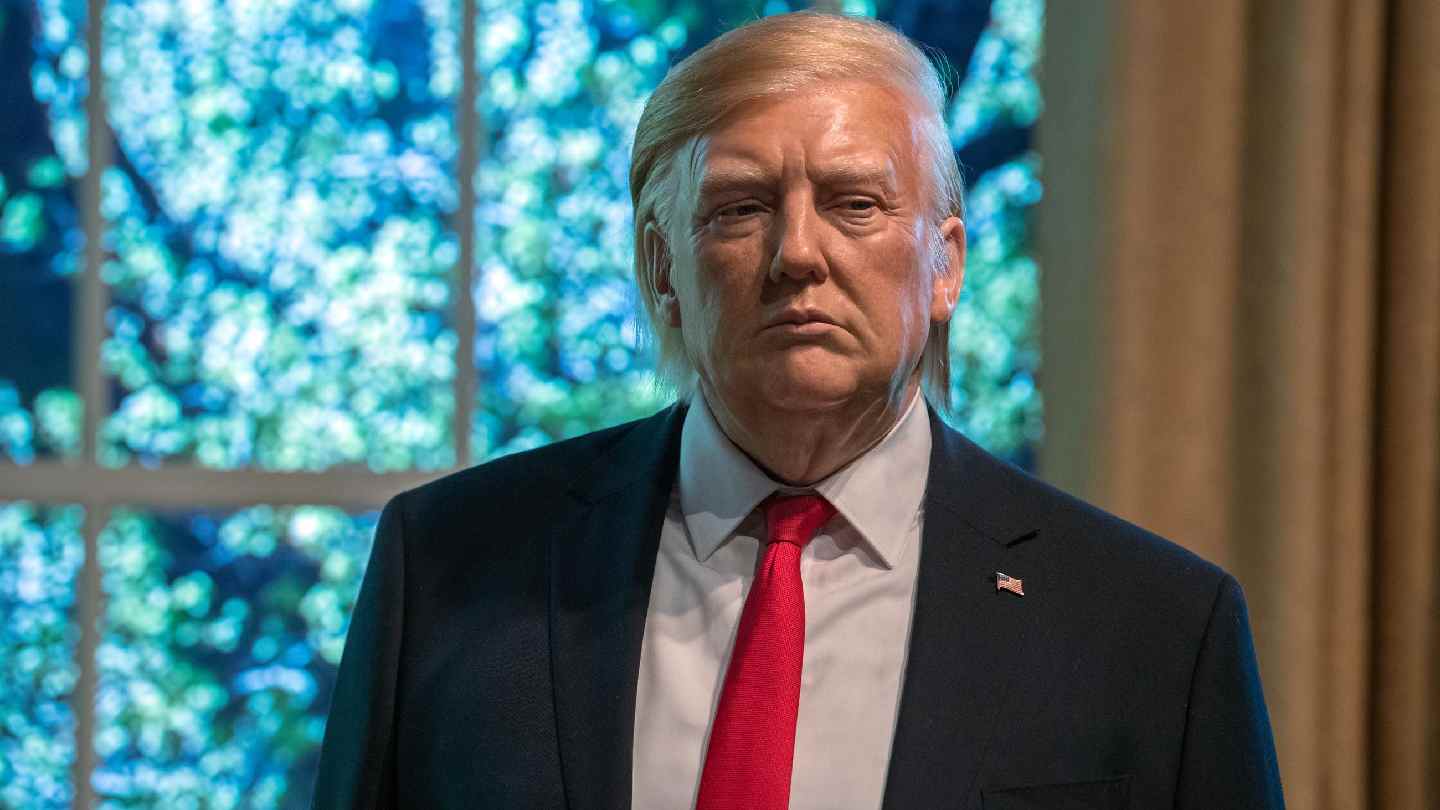A federal appeals court made a ruling regarding former President Donald Trump’s presidential immunity for alleged crimes committed during his presidency.
The alleged crimes are related to his attempts to overturn the 2020 election results.
Immunity Claim
Trump argued that the actions charged against him were part of his official duties as president, providing him immunity from criminal liability.
Court Decision
The court unanimously rejected Trump’s defense, stating that, for the criminal case, he is treated as a regular citizen with the same defenses as any other criminal defendant.
The ruling comes from a three-judge panel, including two judges appointed by President Joe Biden and one appointed by George H.W. Bush.
Legal Options for Trump
Trump’s legal team has the option to appeal the decision directly to the Supreme Court or request en banc review at the appeals court (a hearing by the full DC Circuit).
Potential Impact of Charges
If proven, the court states that Trump’s efforts to overturn the 2020 election would be considered an “unprecedented assault on the structure of our government.”
Charges Against Trump
Trump faces four counts, including conspiring to defraud the United States and obstructing an official proceeding, related to the election subversion charges brought by special counsel Jack Smith.
Trump has pleaded not guilty.
Rejection of Claims
The court rejected Trump’s claim that his criminal indictment would have a “chilling effect” on future presidents.
Trump’s assertion of double jeopardy protection due to his Senate acquittal during impeachment proceedings was also dismissed by the court.
Separation of Powers Doctrine
The court clarified that the separation of powers doctrine may immunize lawful discretionary acts but does not prevent federal criminal prosecution for every official act of a former president.
Ongoing Case
Trump’s criminal case in DC continues, with him maintaining his innocence and arguing that he was working to ensure election integrity within his official capacity.
